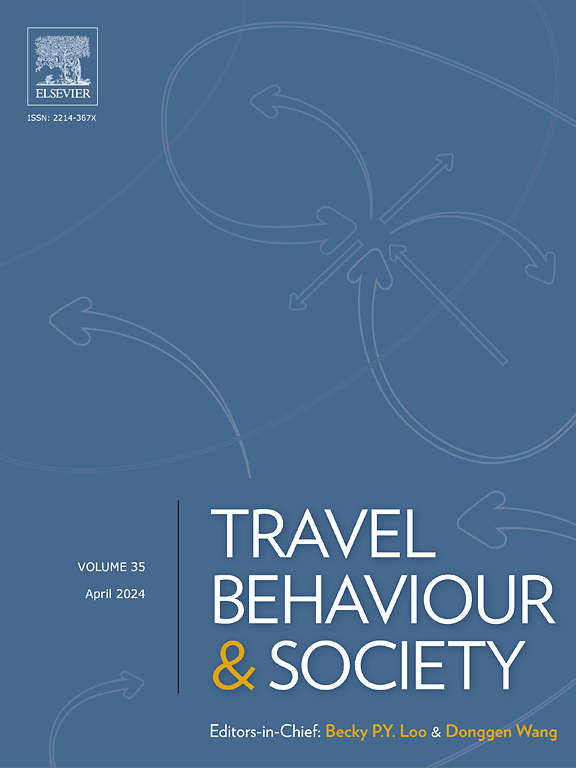基于多智能体模型的航班延误旅客群体事件防控策略研究
IF 5.7
2区 工程技术
Q1 TRANSPORTATION
引用次数: 0
摘要
随着民航业的快速发展,航班延误的频率显著增加。航班延误期间乘客群体事件的严重后果日益突出。本研究采用多智能体建模与仿真方法,构建乘客群体事件的动态演化模型。利用NetLogo软件模拟不同场景下乘客、机场、航空公司、关键人物之间的动态互动。结果表明,参数变化和利益相关者行为显著影响乘客意见。在此基础上,根据关键影响因素和仿真结果,提出了四种防治策略。此外,还进行了仿真实验,以评估这些策略的有效性,确定机场和航空公司在不同进化和发展阶段的最佳组合,从而为应急决策提供有价值的指导。本文章由计算机程序翻译,如有差异,请以英文原文为准。
Research on prevention and control strategies for passenger group events due to flight delays based on multi-agent modelling
With the rapid growth of the civil aviation industry, the frequency of flight delays has significantly increased. The severe consequences of passenger group events during flight delays are becoming increasingly prominent. This study employs a multi-agent modeling and simulation methodology to construct a dynamic evolutionary model of passenger group events. NetLogo software is employed to simulate dynamic interactions among passengers, airports, airlines, and key figures across various scenarios. Results indicate that parameter variations and stakeholder behaviors significantly influence passenger opinions. Consequently, four prevention and control strategies are proposed based on key influencing factors and simulation outcomes. Additionally, simulation experiments are conducted to evaluate the effectiveness of these strategies, identifying optimal combinations for airports and airlines across varying stages of evolution and development scenarios, thereby offering valuable guidance for emergency decision-making.
求助全文
通过发布文献求助,成功后即可免费获取论文全文。
去求助
来源期刊

Travel Behaviour and Society
TRANSPORTATION-
CiteScore
9.80
自引率
7.70%
发文量
109
期刊介绍:
Travel Behaviour and Society is an interdisciplinary journal publishing high-quality original papers which report leading edge research in theories, methodologies and applications concerning transportation issues and challenges which involve the social and spatial dimensions. In particular, it provides a discussion forum for major research in travel behaviour, transportation infrastructure, transportation and environmental issues, mobility and social sustainability, transportation geographic information systems (TGIS), transportation and quality of life, transportation data collection and analysis, etc.
 求助内容:
求助内容: 应助结果提醒方式:
应助结果提醒方式:


